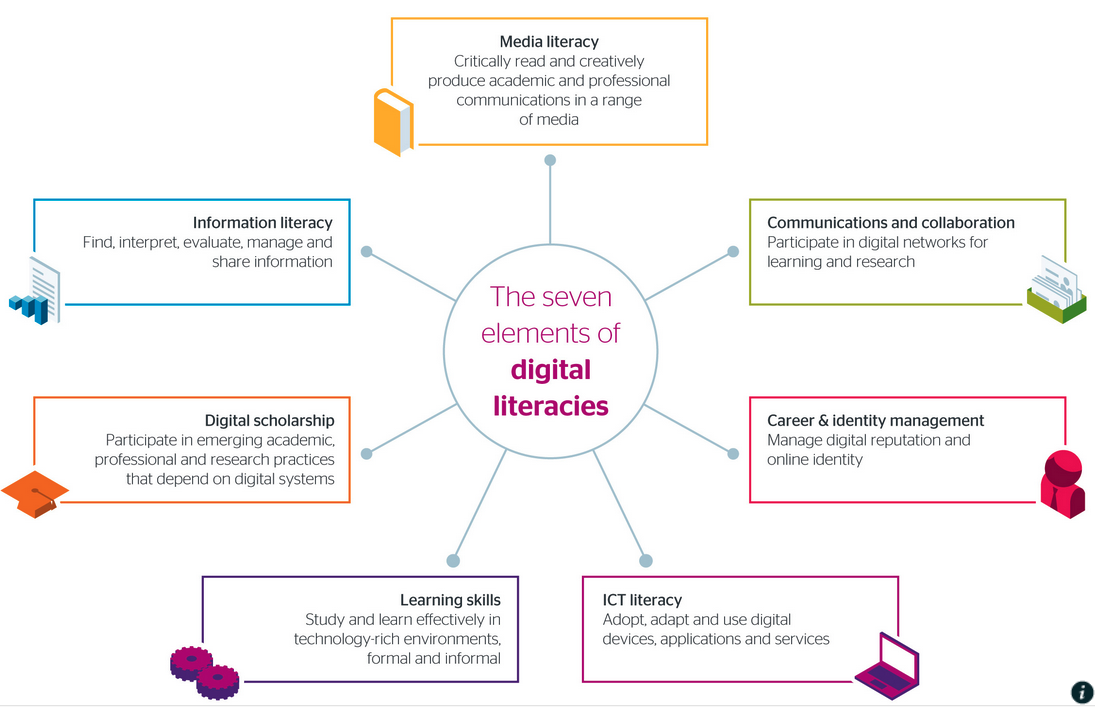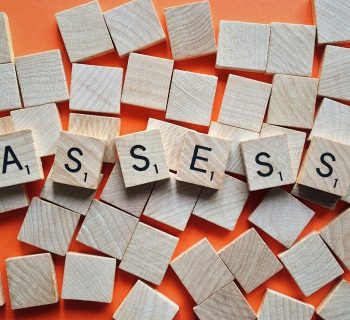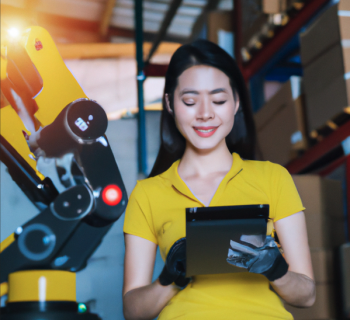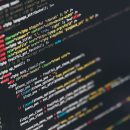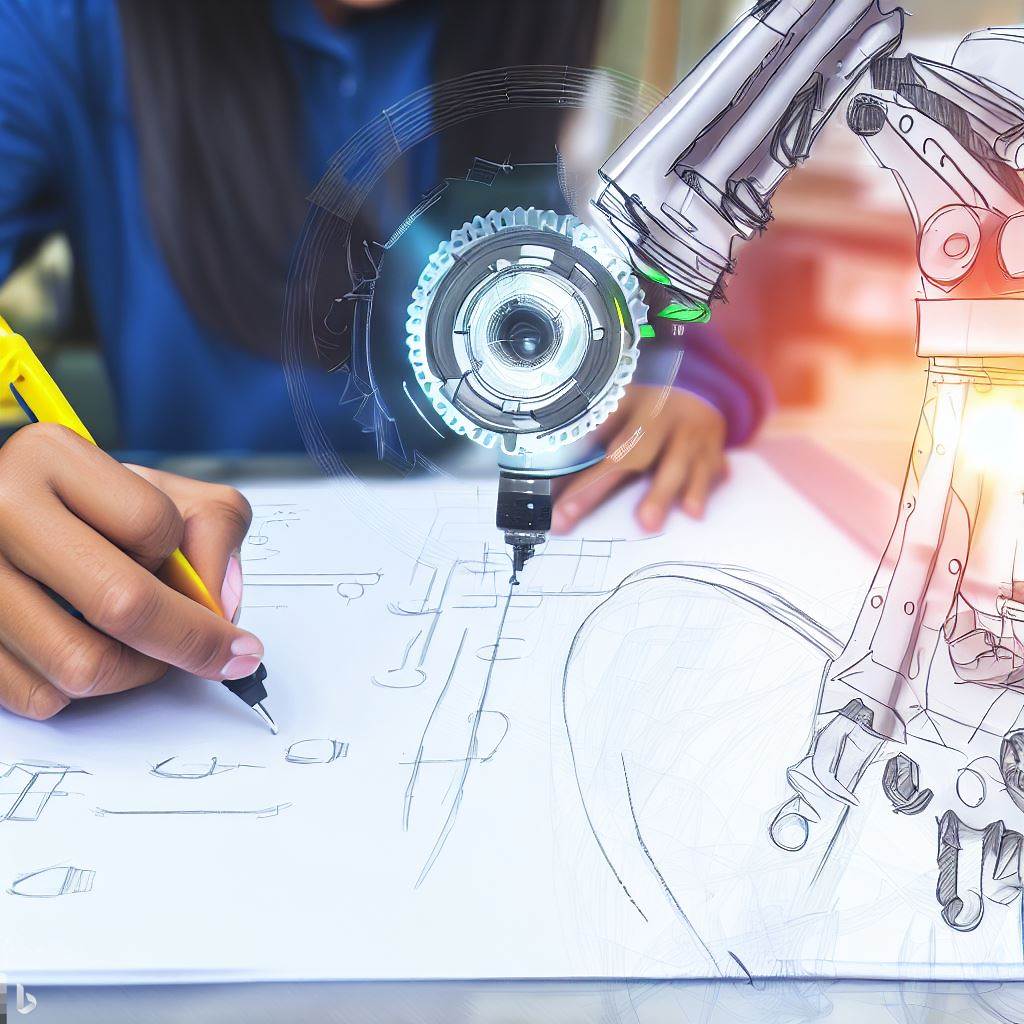
I can't keep up with the volume of papers, reports, opinions, announcements and so on around AI in Education. And so I am going to start posting a regular summery of developments. I am not pretending it will be objective (although who can define objective in this area) but will be things that catch my eye or interest.
Many Universities are publishing Guidelines and policies on AI. And, in general, these policies seem pretty reasonable. Higher education institutions are recognising that students are going to use Generative AI tools, with or without the approval of the University. And given such tools are being built into so many applications by Google, Microsoft and the rest, they are easy to access. Universities are also recognising that the use of AI is a skill they should be teaching across the curriculum. Less clear though is the demand for graduates for high paid jobs in the future. It maybe that the well paid jobs are harder hit by automation through AI than employment in manual and service sector employment.
In general their seems to be a recognition that assessment practices need to be changed with many advocating a move to authentic assessment. But this still seems to be a change under construction. Auto detection of the use of AI has failed with too many false positives, especially impacting on non first language English speakers. The recently released Guidance to Staff on the use of Artificial Intelligence from Leeds University in the UK says:
If you suspect that material presented to you, for any purpose, has been wholly or partially generated using AI, you should not use an online AI detection tool. This is because (i) currently these tools are insufficiently accurate for the University to use them as evidence, (ii) submission of the work to such tools may represent a data security breach, (iii) the document being checked becomes available as training data for other AI tools. The University will keep our approach under continual review to account for new developments in technologies.
Far less clear is what is developments in Vocational Education and Training. The patterns seems uneven, possibly because digital transformations are slower in this education sector but also because the impact of AI is so different in different occupational areas.
In higher education there is a growing recognition of the need to develop new infrastructure, accompanied by concern over the cost and how to access skilled programmers. Apart from a very limited number of very large VET institutions, it is hard to see how Vocational Education and Training providers will be able to keep up with infrastructure development without wider alliances and partnerships.
The new focus on infrastructure comes in part because of a concern of the domination of Generative AI by a small number of large corporate companies. As Aftab Hussain, from Bolton College in the UK, says on LinkedIn:
The education sector needs to guard against being swamped by corporate AI services. There is plenty of merit of using AI models which have been trained locally. These models could form the basis for numerous AIED services whose provenance is transparent, explainable and ethical.
Aftab has been developing AI applications at Bolton for a number of years. But it is. doubtful how many Vocational Education and Training institutions have sufficient experience, expertise and infrastructure to develop this approach.
The rapid adaption of Generative AI is once more leading to a focus on Digital Literacy. One of the advantage of the various Frameworks for Digital Skills is that they provide spaces for discussion and interchange and it is from such spaces and processes that changes in practice emerge.
Perhaps more fundamentally, the debate over the nature and emergence of knowledge and knowing is reopening. Ilkka Tuomi says writing in Linkedin:
I argue that we are moving towards a post-Castellsian society. Space and time are not only knit together via information and communication networks; instead, a new digitally mediated infrastructure of knowing is emerging and our cognition is part of it. Something that we, and education policy-makers, have not seen before.

